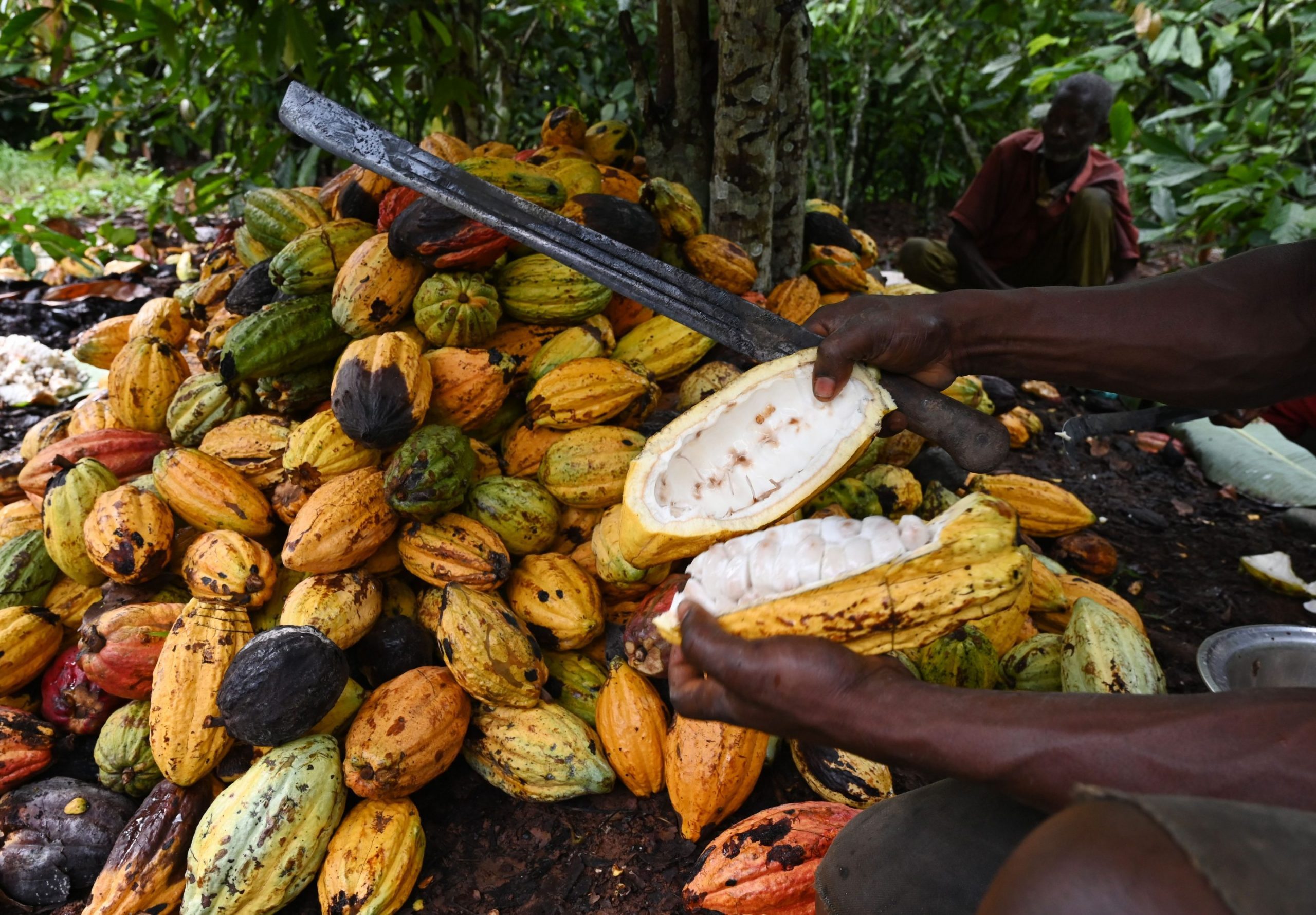
Nothing is left to go waste after consuming coconut water and its fruit as Ghanaian companies have found a way in turning the hard husk of coconut into usable materials and artefacts.
Coconut fibre mats, coconut fibre board, coconut fibre seedling pots, coconut fibre dish scrub pad, coconut fibre cold pressed bicycle seat, based shoe inner sole pads, foam mattress, packaging container, egg carrier, automobile seat lining, hollow blocks and corrugated roofing sheet are the few products made out of the processed coconut husk.
While husks are often discarded, it has now become raw material for companies such as Eco-fiber AgroSystems, Fiber Wealth and other companies in the production of useful products. The challenge faced by Ghana with regards to the proper disposal of coconut husk is now a thing of the past.
Also known as coir, the history of using coconut husks to manufacture a variety of natural bio-products goes back thousands of years. Today, it's progressing hand-in-hand with an inclusive model of international development centred on the sustainable local market and business development, job creation and the opening up of new opportunities that could raise the living standards of millions of families living in the tropics.
Danida Alumni Network with funding from the Ministry of Foreign Affairs, Denmark (MFA) and Danida Fellowship Centre (DFC) organized a stakeholder forum in Accra on opportunities for managing coconut residue in Accra and Tema.
The discussions were centred on how coconut waste as a resource could be turned into a variable venture with key participates being entrepreneurs, coconut sellers and other governmental bodies such as the Accra Metropolitan Assembly (AMA).
Achilles Ali, President and Chief Executive Officer of Eco-fiber AgroSystems said Ghana has the capacity to produce several other products with coconut husk but lacks funding and the capacity in terms of equipment to do more than they could with the over 30,000 tonnes of coconut that is consumed in a day.
He, therefore, wants government to help the industry with funding as sustainable jobs are guaranteed. Also, local authorities like A.M.A should also assist them in the collection of the coconut husk from in and around the city.
Read Full Story



















Facebook
Twitter
Pinterest
Instagram
Google+
YouTube
LinkedIn
RSS